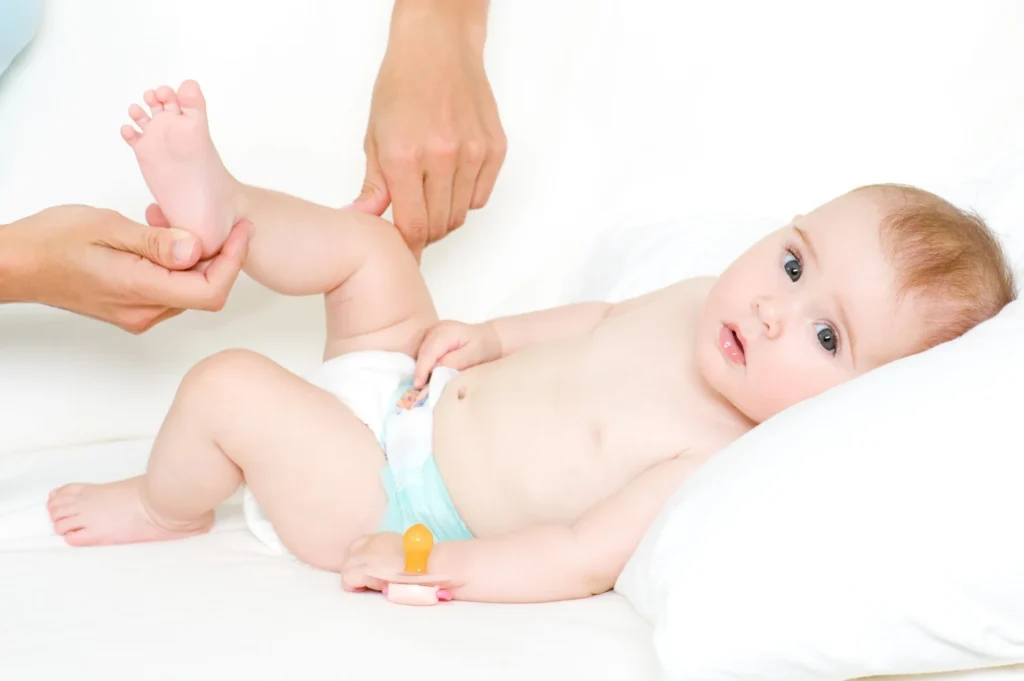Urine leakage in Pune
Urine leakage is the term used to describe the involuntary loss of urine from the bladder as a result of impaired brain control. It is frequently linked to spinal abnormalities. Urinary incontinence can result from spinal anomalies that impair the brain-bladder communication, such as spinal cord injury, spina bifida, or tethered spinal cord.
The neural pathways that control bladder function may be compromised in people with spinal abnormalities, making it difficult for them to control when to discharge pee or recognize when they are full. This may lead to stress incontinence, urge incontinence, or a mix of the two types of urine incontinence.

Urine leakage in the setting of spinal abnormalities requires a multimodal approach for effective therapy. Exercises for the pelvic floor, bladder training, and lifestyle adjustments are a few possible interventions. To treat the underlying spinal problem or relieve symptoms, doctors may occasionally advise taking certain drugs or undergoing certain surgical operations.
Urologists and spinal cord problem specialists should be seen by anyone having urine leaks associated with spinal abnormalities in order to receive a thorough diagnosis and customized treatment plan. When spinal abnormalities cause urine leakage, prompt and proper therapies can greatly enhance the quality of life for those affected.
Expert Advice:
- speaking with pediatric nephrologists, pediatric urologists, or pediatricians.
- evaluation of the child’s health and customized therapy suggestions.
Children who leak pee can have serious consequences for their everyday activities and self-esteem. In order to address the root reasons and enhance the child’s quality of life, prompt intervention is essential. With the right treatment plans and medical professionals’ assistance, kids with urine incontinence can successfully manage their condition and have happy, fulfilled lives. Throughout the course of treatment, parents are essential in keeping an eye on their child’s symptoms, getting help from a doctor when necessary, and offering support.

